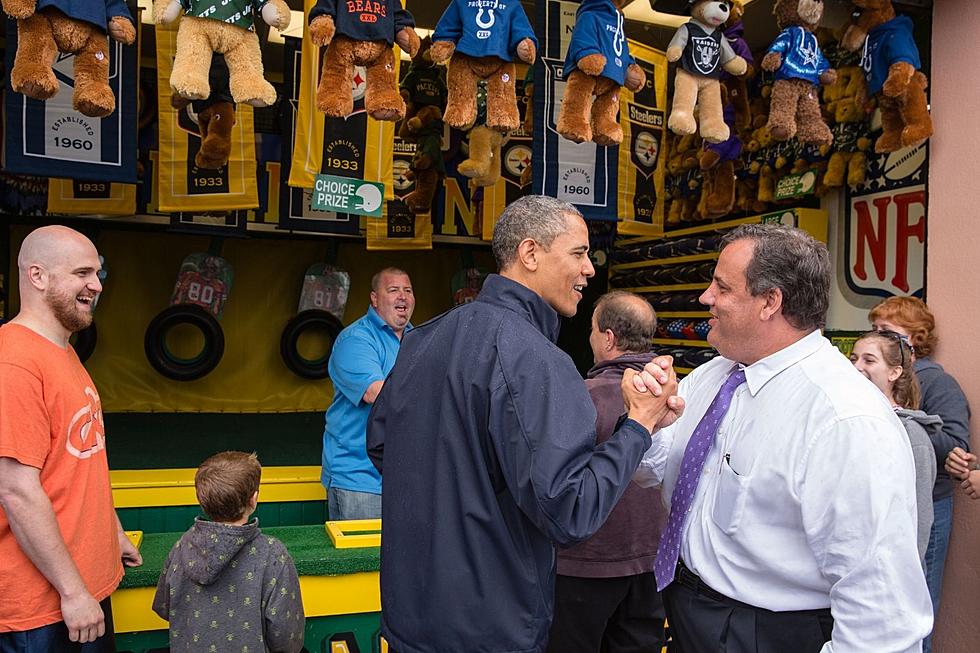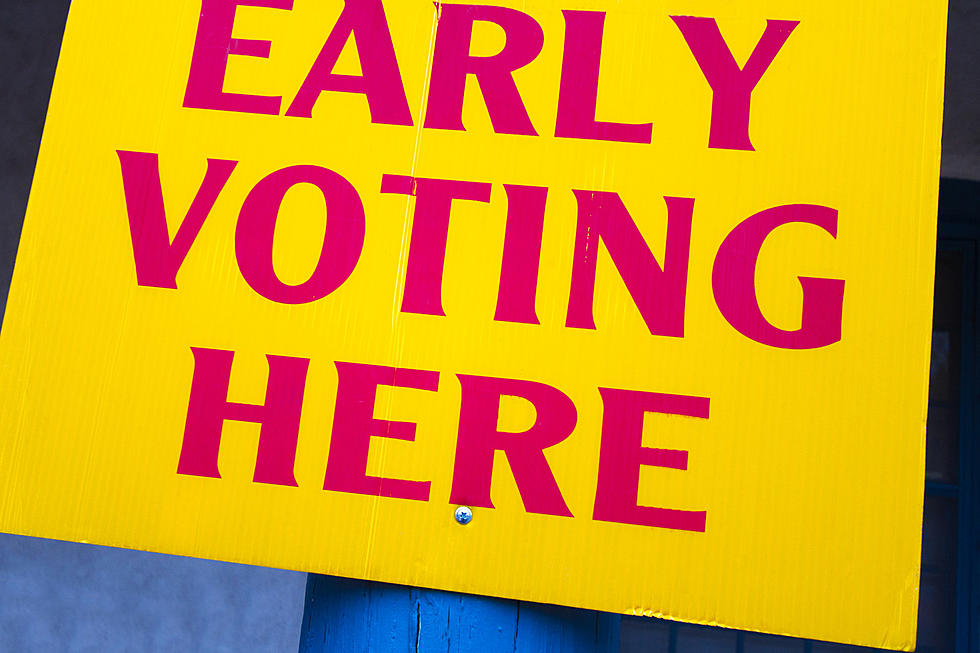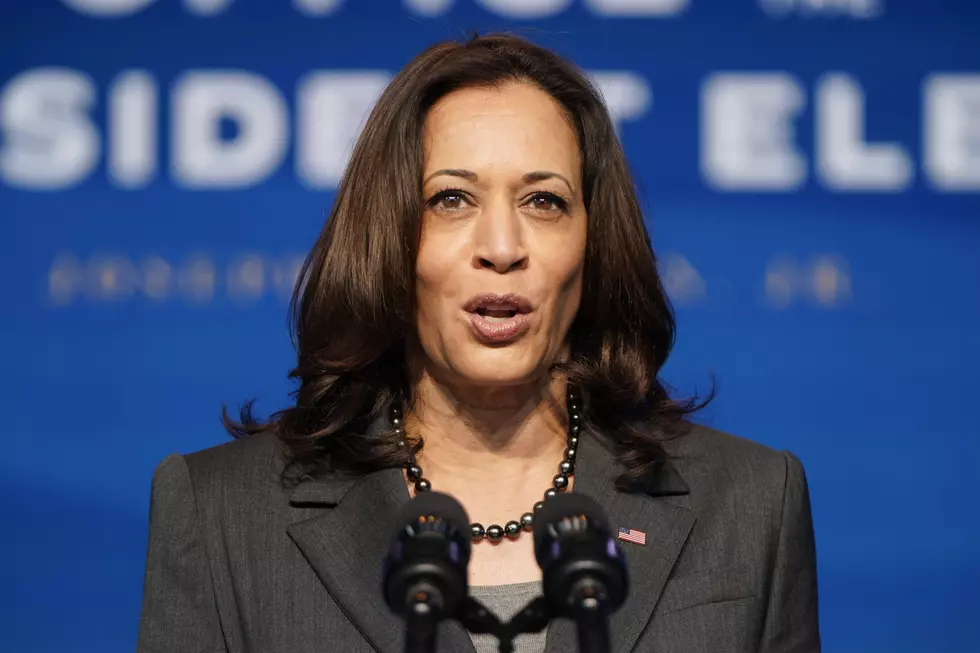
‘Brutal dictator’ who ‘haunts’ the world — NJ Cuban-American senator’s choice words for Castro
U.S. Senator Robert Menendez was born in America — but Cuban blood runs through his veins.
He was born in 1954 in New York City to Cuban immigrants who had left Cuba just a few months earlier. He was only a child when Fidel Castro rose to power in his parents former home. The Cuba he came to know as he was raised in Union City was a repressive regime.
Throughout his political career, Menendez has pushed a hard line on Cuba — punctuated by the Democrat's break from the Obama administration on its efforts to ease relations with Cuba. He's criticized the president repeatedly for normalizing those relations without getting enough back from Raul Castro — Fidel's brother and successor as Cuban President.
In a statement Saturday after the announcement of Fidel Castro's death, Menendez said the former Cuban leader "must always be remembered by his gross abuses of human rights, systemic exploitation of Cubans, unrelenting repression, and stifling censorship upon his own people.
“Fidel's oppressive legacy will haunt the Cuban regime and our hemisphere forever," Menendez wrote. "Under the Castros’ reign, Cubans have not had one single free election. Not one Cuban has been allowed to fully own his or her own company. Not one legitimate trade union has been allowed to be organized. Not one peaceful protest has occurred without being brutally squashed by the regime. This was Cuba’s reality when the Berlin wall fell and it continues to be its reality in 2016."
But he said Fidel Castro's death "represents an historic opportunity for the United States" — a new chance to "stand up and support the Cuban people" as they fight for freedoms and democratic reforms.
“Contrary to the romanticized idea being peddled by some, recent lopsided concessions in U.S. policy towards Cuba have not led to an iota of positive changes in the way the regime rules or the Cuban people live," Menendez said. "We know that the Castro regime is still a brutal totalitarian dictatorship that continues to deprive the Cuban people of the basic human rights we so proudly proclaim to support around the world."
Over the years, Menendez has been unabashed in his criticism of the Castros — not only for their treatment of Cubans, but because Cuba has given sanctuary to New Jersey fugitive Joanne Chesimard. The Black Panther and Black Liberation Army activist, who also goes by the name Assata Shakur, remains atop the State Police Most Wanted list and was named to the FBI’s Most Wanted list in 2013.
Chesmiard had been convicted in 1977 of the first-degree murder of New Jersey State Police Trooper Werner Foerster and of seven other felonies related to the New Jersey Turnpike shootout that killed him.
Other choice words from Menendez about the Fidel Castro — and Obama's engagement of Cuba — over the years:
• Cuba "remains a key ally of some of the world’s most dangerous terrorist organizations and enemies of the United States," Menendez said in July of this year, after United Airlines received tentative approval to offer nonstop flights from Newark Liberty International Airport to Havana, Cuba.
• "I think it stinks," Menendez said at a 2014 press conference, when asked about the Obama administration's efforts to ease relations. with Cuba "I think it's wrong. I am deeply disappointed in the president."
• "Many people I've represented over the years spent years of their lives in Castro's jails simply because they peacefully sought to create change," Menendez told NJ.com in 2015. "You hear a mother tell you that her son was jailed simply because he was in a peaceful protest. You talk to a person who recently got out of Cuba and now lives in the United States and listen to their struggle where they have to stand on line for rations."
• "The president is again prioritizing short-term economic interest over long-term and enduring American values," Menedez said February in response to President Barack Obama's trip to Cuba. "He will rue this decision just as he will ultimately rue giving a lifeline to the Ayatollah."
• "I will not ascribe to the 'Blame America' club for vicious abuses of human rights, systemic exploitation of Cuban labor, unrelenting repression, and stifling censorship. There is one source of injustice in Cuba: The Castro regime. It is not United States policies and it is not the United States embargo," Menendez said in a March guest column for the Star-Ledger.
More From New Jersey 101.5 FM









